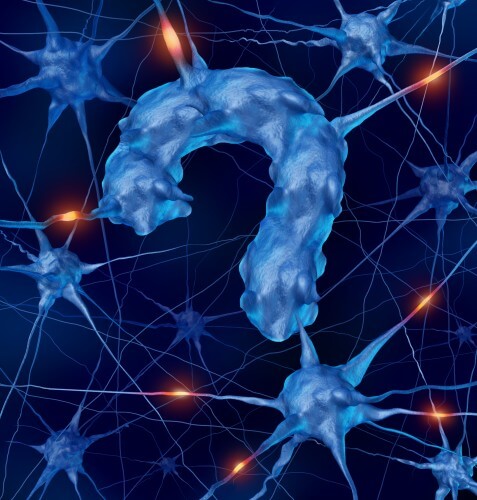The researchers found that the diabetic rats have a high activity of enzymes called MAPK kinases involved in directing the cellular responses to various stimuli, which causes inflammatory activity in the brain cells and the death of cells

Studies from recent years indicate that high blood sugar levels are a risk factor for decreased brain function and early dementia. They also show that diabetics have almost double the risk of developing Alzheimer's compared to non-diabetic people. Now, researchers from the Hebrew University have found the mechanism that increases the risk of diabetes patients to get Alzheimer's and dementia and for the first time developed a substance that is expected to reduce their risk of getting these diseases. The material is protected by a patent registered through "Yishom", the research development company of the Hebrew University.
The research group led by Prof. Dafna Atlas from the Department of Biological Chemistry at the Institute of Life Sciences at the Hebrew University, conducted experiments on diabetic rats with the aim of examining the mechanism of action that may be responsible for changes in the brain due to high sugar levels. The researchers found that the diabetic rats have a high activity of enzymes called MAPK kinases involved in guiding the cellular responses to various stimuli, which causes inflammatory activity in the brain cells and cell death. The study shows that rats that received a daily injection of rosiglitazone, a drug used to lower blood sugar, benefited from a significant decrease in MAPK enzyme activity and the extent of inflammatory processes in the brain. According to the authors of the study, this finding is the first unequivocal proof of the link between high sugar level and inflammatory processes in the brain.
Prof. Atlas has developed a series of molecules that mimic the action of the protein thioredoxin whose role is to save cells from early death resulting from oxidative stress and the creation of free radicals. The TXM molecules were found to be effective in different models and managed to prevent the activation of the kinases. One of the molecules tested in the diabetic model was
TXM-CB3 which was able to significantly reduce among the diabetic rats the activity of the enzymes involved in the inflammatory processes in the brain and the acceleration of the death of the brain cells. The results of the study show that the molecule probably managed to cross the blood-brain barrier and improve the condition of the brain cells, despite the high sugar level the rats suffered from.
The results of the study appeared this week in the journal Redox Biology, the official journal of the European Society for Free Radical Biology and Medicine and of the European Society for Free Radical Research. "The research paves the way for preventive treatment of high blood sugar damage and reducing the risk of dementia or Alzheimer's in diabetics or people with high blood sugar," explains Prof. Atlas. "After the molecule we developed was successfully tested in rats, we can continue to develop it and test its effect on humans as well."
The research was supported in part by the Nofer program managed by Director Magnet in the Office of the Chief Scientist at the Ministry of Trade and Industry. Dr. Michael Truss, PhD student Moshe-Cohen-Kutner with the support of the foundation named after Chaya and Shlomo Margalit and students Lena Chomsky and Hila Ben Yehuda participated in the study.
